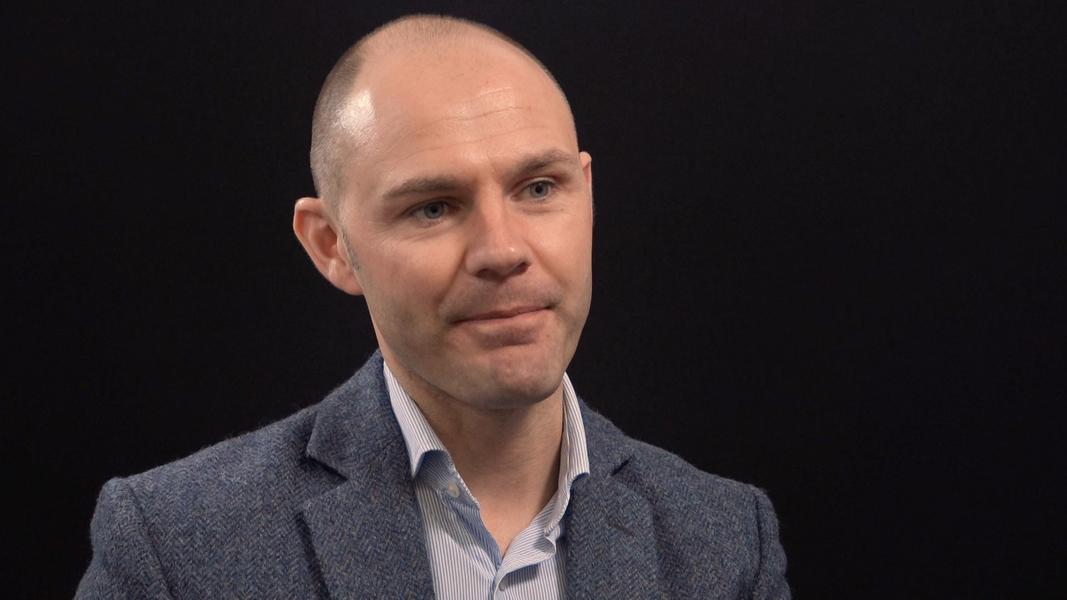Well, the Gulf War was obviously a formative experience
for me as a very junior pilot
approaching the end of my first tour.
So, I'd done two years, I think, on the squadron
when we got deployed to the Gulf,
and, as you can imagine, I do remember it quite clearly.
Because I think the other thing
that you have to remember is, essentially,
we were a peacetime air force then.
Although we played a key part in the Cold War,
the fast jet force that I was part of,
hadn't really been deployed on operations for a generation.
So when you went you a mess night,
nobody wore a campaign medal, whereas, of course,
if you go to a mess night now,
even the most junior aircrew have a chest full of medals
from the campaigns that we've operated since.
So we were, essentially, a peacetime air force.
And nobody expected to fight, because if we did fight,
it was going to be global Armageddon.
And that culture and mindset was set by things like
that nuclear strike role that I was talking about.
If we did go to war,
we expected it would be the sort of mass casualty war
that we'd been preparing for back at home.
So when we did suddenly deploy to the Gulf,
it was unexpected,
and a surprise.
And we had to adapt the tactics that we practiced
for the Cold War.
So at this expeditionary war
in a very different environment,
to the environment that we expected.

